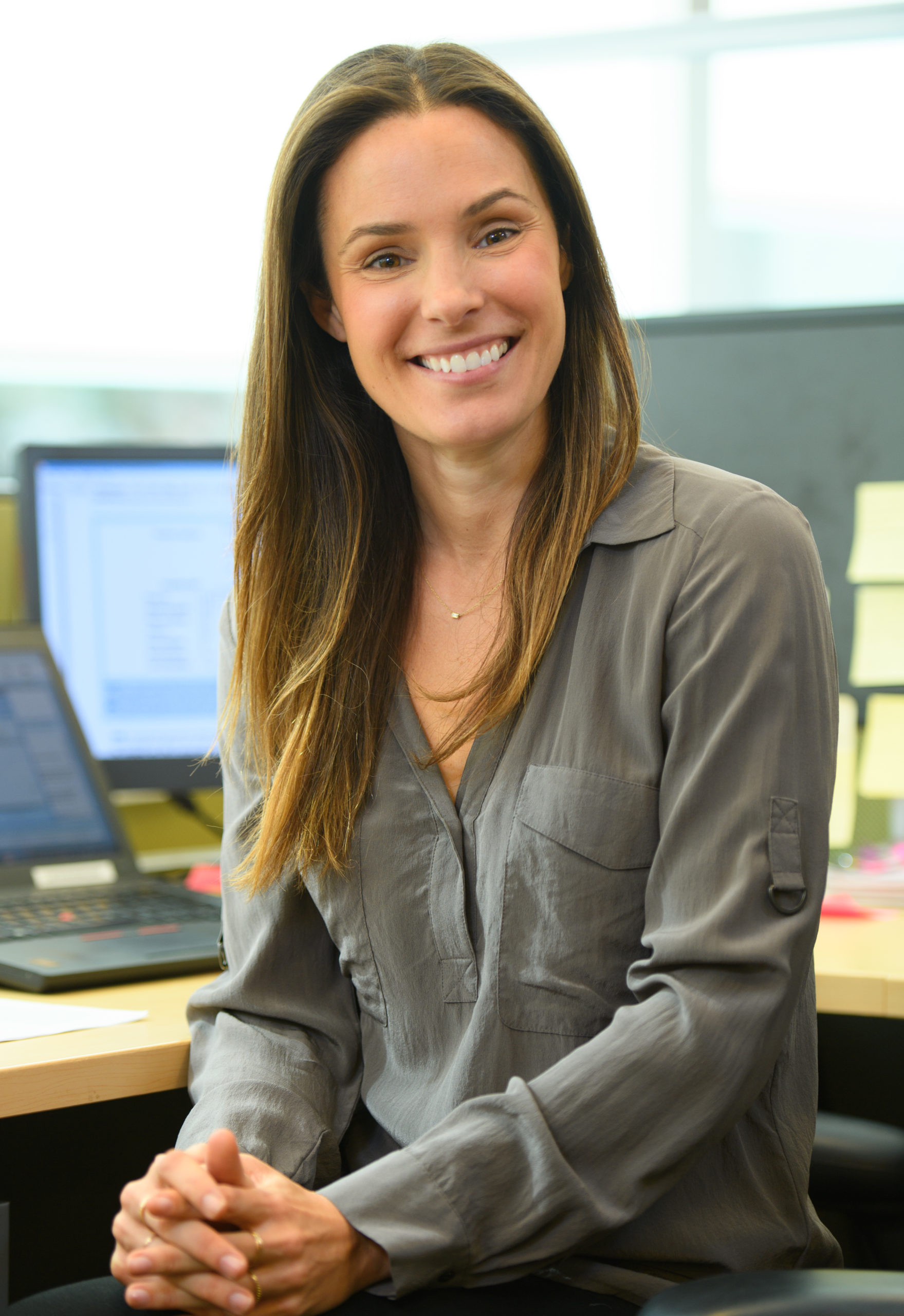For years, Catherine Benedict has studied cancer survivors, including how they return to their pre-treatment lives, settling back into normalcy. As healthy and normal as their futures can be, treatment can lead to complications in fertility that when ignored can make it difficult and stressful to plan a family.
And that’s exactly what the assistant professor at Feinstein Institute for Medical Research has found that many women do: forget about those potential complications, and run into problems that they could have planned for.
With the support of a new $693,000 grant from the National Institutes of Health, Benedict will create a website to guide individuals through family-planning decisions after they have survived cancer.
The project will be a responsively designed website for both young women who are only distantly thinking about their future families and individuals ready to become mothers much sooner.
In Benedict’s research she has found that insufficient guidance from the medical community leads to a lack of long-term planning. Young patients often learn about fertility issues before they enter treatment. However, the medical community often fails to follow up with survivors.
Cancer treatments, such as surgery on the reproductive organs or certain particularly toxic chemotherapies, can cause fertility issues or affect a woman’s ability to carry a pregnancy. The risk applies to a variety of disease groups, Benedict said.
“What we were seeing was that when survivors finish cancer treatment, of course they want to get back to feeling healthy and they want to get back to their normal lives,” Benedict said. “Because they weren’t being counseled and they weren’t made aware that they needed to be thinking about these issues, we wouldn’t hear from them until they were ready to have a child.”
But if survivors wait that long to plan a family, they are delaying planning for potential fertility complications and the often complicated, heavy decision-making that comes with working around them.
Alternative options for raising children – including surrogacy, adoption or in vitro fertilization (IVF) – can be quite costly, Benedict said.
“Surrogacy, a lot of patients think they can just pursue that as a backup option, but it can be more than $150,000,” Benedict said.
Benedict’s grant will span five years. During the website development process, her team at the Center for Health Innovations and Outcomes Research will collect feedback from patients.
“We really want this to be a collaborative process with the patient communities,” Benedict said.
There will also be a pilot study to evaluate whether it is effectively helping women in their decision-making.
Over 400,000 young adult women who have survived cancer could benefit from this resource, according to the Center for Health Innovations and Outcomes Research.
“Dr. Benedict’s study is a great example showcasing how Feinstein Institute researchers can harness technology to improve the lives of patients,” said Kevin J. Tracey, president and CEO of the Feinstein Institute. “Her decision-making tool will assist patients and caregivers in making difficult medical decisions.”
Benedict has been at Feinstein Institute in Manhasset for three years. In addition to being a researcher, she is a certified clinical psychologist.



